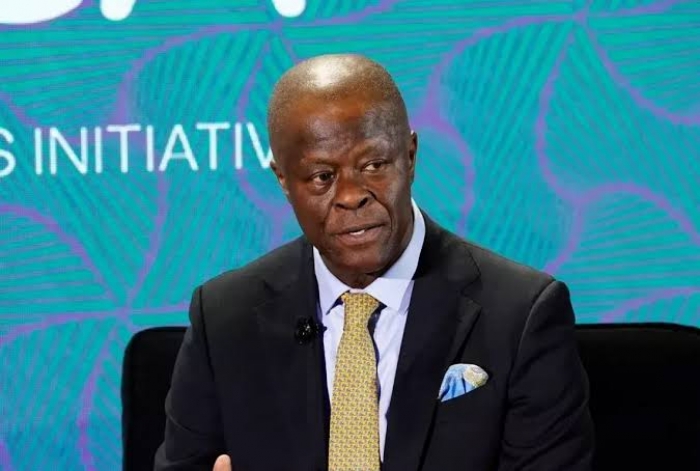June 19, 2025
PZ Cussons quits Nigerian palm oil market, sells stake to partner
by Super User
Consumer goods multinational PZ Cussons Plc is making a full retreat from Nigeria’s palm oil…
June 14, 2025
Tinubu's pardon of 'Ogoni Nine' rejected by Ogoni people
in POLITICS
by Super User
Ogoni activists on Friday rejected a posthumous pardon for nine members executed three decades ago…
June 20, 2025
Not the Iran we thought it was: What has changed in the Persian Gulf -…
in Opinion
by Super User
…
June 20, 2025
Warning signs a snake might be lurking around your home: Clues that could save lives
in FEATURES
by Super User
Few things make your heart race quite like spotting a snake slithering nearby. Whether you…
June 14, 2025
Traditional healer treats the sick with snake bites
in Strangely
by Super User
Rosalio Culit, also known as Datu Kamandag among his fellow Manobo tribe members in Surigao…
June 20, 2025
Bandits kill 24 farmers, kidnap others in Katsina communities
in Crime
by Super User
Bandits have killed at least 20 farmers, three other residents, and a community watch corps…
June 20, 2025
Israel Vs Iran: Here’s what to know after Day 7
in WARS
by Super User
Iranian missile strikes Israel’s ‘crown jewel of science’ For years, Israel has targeted Iranian nuclear…
June 20, 2025
Nigerian company to make HIV, malaria test kits locally
Nigerian manufacturer Codix Bio Ltd plans to make millions of HIV and Malaria test kits…
May 13, 2025
Nigeria's Flying Eagles qualify for World Cup after dramatic win over Senegal
in Sport
by Super User
Nigeria's U-20 national football team, the Flying Eagles, have secured their place at the 2025…


































































